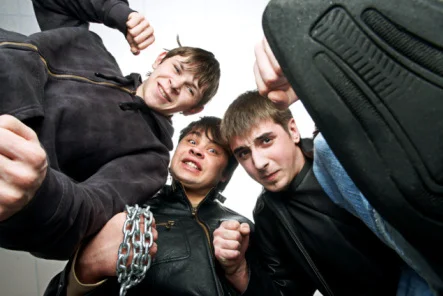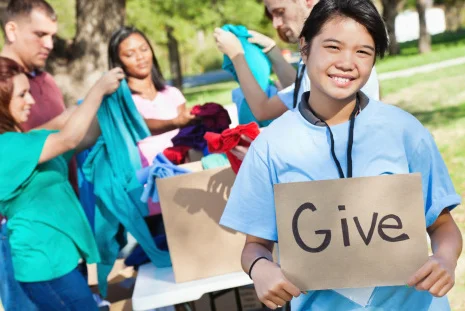+1 845 259 2974 (11 a.m to 7 p.m CST)
Cliques: From Fitting In to Getting Out

Friendship is undoubtedly one of the most beautiful things in life and lucky are those who can find people they can instantly “click” with and then keep on clicking all their lives. The latest phenomenon on the friendship horizon is called “cliques”. These are commonly the "popular kids". People in cliques, too, are friends, but not in the true sense of the word.
Friendships in cliques are based on the natural need of teenagers fitting in, which is why cliques are a very tight knit group of teens. Unlike clicks and usual friendships, members of cliques have to follow a strict code of conduct regarding how they act, dress or talk amongst themselves or with outsiders. Cliques have a proper hierarchy and members stick to the leader instead of each other. In spite of the stark difference between clicks (friendship) and cliques, there is nothing to worry about regarding why your teen prefers to be part of a clique than a click. Although in a very true sense cliques are just social pressure groups.
The small problems
Teens are at that particular part of their lives when they occasionally feel insecure and want to be accepted into the folds of those who they consider to be cool and attractive. This is the classic state of mind which compels a teen to become part of a clique. Mostly it’s a phase and teens eventually grow out of it, but staying in a clique becomes disturbing if you notice:
- Your teenagers behaving in a manner which they previously considered wrong or unacceptable, simply to feel accepted by the clique or to please the leader of the clique.
- You notice your teen suddenly taking a very negative or hostile stand towards social issues. Putting down people based on looks, disabilities, race, or ethnicity.
- You notice that your teen is distressed for being rejected by the group they were hanging out with and now feels ostracized and alone.
Time to Help
To help your teen deal with being ostracized from a clique and preventing them from getting caught up in them again here are a few tips:
- If your teen is being teased by members of the clique, take prompt action about it and inform the school administration about it.
- The popular culture promoted on TV and in movies celebrates mean behavior, so promoting kindness, respect, and compassion at home is vital.
- Talk to your teen about the fact that in real friendships there is no concept of power play and control. Try to understand why they had felt compelled to be part of a clique and whether it was worth it or not.
- Encourage your teens o have friend away from school as well. Also encourage them to really think about what they value in a friendship other than just being accepted.
- Socialize as a family with people of other backgrounds and encourage your teen to seek friends from these diverse groups too.
- Teach your teen the importance of individuality and having a unique personality. Demonstrate to them the disadvantages of losing one’s identity in a group and feeling pressured to do what goes against their true nature.
Remind your teen that friendship is about having people they can confide in and trust them to support through the hard times.























